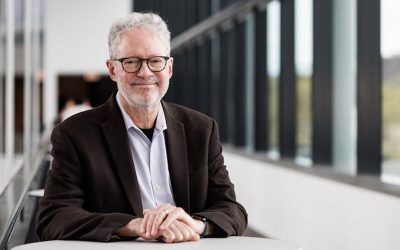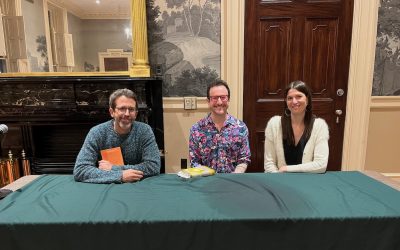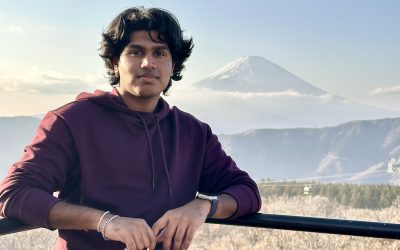Professors Caitlin Killian and Jennifer Olmsted publish research for the United Nations
February 2021 – Drew University professors Caitlin Killian and Jennifer Olmsted teamed up to publish a report commissioned by the United Nations Development Programme (UNDP) focused on the implications of gender in the Syrian refugee response.
The two recently published their report, which provides numerous policy recommendations for improving the livelihoods of women impacted by the Syrian crisis. We recently spoke with the research duo about their report and how it follows them into the classroom.
Enlarge
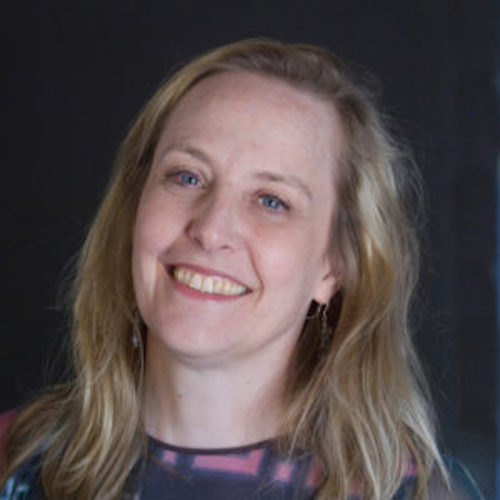
In the field
“I had received a grant to do research on the Syrian crisis in Jordan during my sabbatical in the fall of 2018,” said Olmsted, professor of economics and business, co-director and founder of the New York Semester on Social Entrepreneurship, and director of Arabic and Middle East Studies.
“While I was in the field, I was contacted by the UNDP to do some consulting for them to expand on a previous report that did not include a gender analysis.”
“The Syrian crisis began in 2011 as part of the Arab uprisings,” explains Killian, professor of sociology. “The UN had a report on Syrian refugees called ‘Jobs Make the Difference’ that barely addressed gender. They wanted us to interview UN agencies in Jordan, Lebanon, and Turkey that work with Syrian refugees about women and livelihoods, which encompasses more than just jobs.”
“I began doing interviews for the Jordan portion that fall, and then in the spring I flew to Lebanon and Caitlin went to Turkey over Drew’s spring break,” said Olmsted. “We also carried out a number of Skype and WhatsApp interviews once we were back in the U.S.”
“Collectively, we carried out 48 interviews with 69 people,” said Killian. “We attended two UN coordination meetings and one UN crisis response launch event and reviewed documents published by the entities we were researching. Jennifer observed a UN-sponsored holiday market in Jordan where Syrian entrepreneurs were marketing their products, and I went to a cooperative and women’s empowerment center in Turkey to get a sense of Syrian refugees’ training, soft-skill development, and economic activities.”
Enlarge
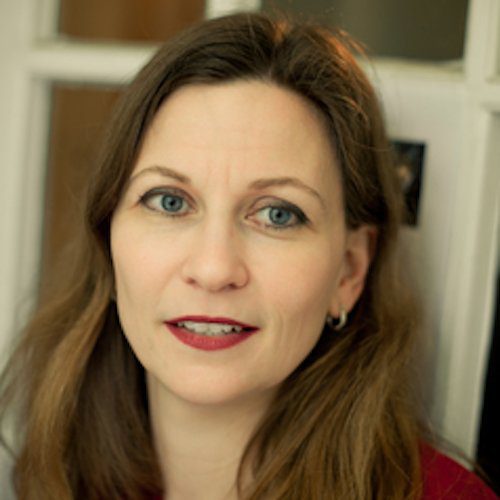
Report recommendations
“The aim of the report is to provide recommendations on the livelihoods component of what is known as the Syria Response, which involves not just the UN, but NGOs and national governments,” said Olmsted. “Livelihoods mostly focuses on the employment aspect of the response.”
“We include several recommendations for agencies on the ground as well as for international donors,” added Killian. “We highlight childcare and other family care responsibilities, issues with transportation, and cultural considerations. We note that the idea that women will not work in certain fields is false and needs to be challenged so aid groups don’t preclude certain opportunities for women based on incorrect assumptions.”
“Some of our recommendations focus more on the level of rolling out programs, while others are more at a meta-level and touch on processes and infrastructure,” said Olmsted.
“Donors need to be aware of gender and commit to longer funding cycles so that there is time for training and implementation,” said Killian.
“Some host countries have a more coordinated gender response than others, and we encourage all entities to share information and results of both successful and less successful initiatives. The UN will be circulating our report to various UN agencies across the globe, and we are also sending it directly to our respondents.”
The field informs the classroom
“Getting out of the books and into the field is energizing,” said Killian. “That energy comes back to the classroom. It’s one thing for students to read something by an unknown author, and another for them to hear a professor talk about an example based on first-hand knowledge.”
“The research absolutely informs our teaching in both tangible and intangible ways."
“Research and teaching go together synergistically,” said Olmsted. “I definitely discuss my research experience in the classroom, but I also think developing courses helps inform my research agenda.”
“I have a refugee unit in my DSEM ‘Muslim Matters,'” said Killian. “I also use examples in my ‘Sociology of Gender’ class when we talk about women and work and women and stereotypes. In ‘Sociology of Families’ we discuss how families can choose to pull children out of school to work or beg in order to supplement family incomes in difficult situations, and how by helping women find alternative ways to provide for their families themselves, the next generation can continue their educations.”
“The research absolutely informs our teaching in both tangible and intangible ways,” added Olmsted.
“In many of my classes, like ‘Global Economy,’ ‘Gender and Globalization,’ and ‘Social Entrepreneurship,’ I integrate discussions of gender, armed conflict, and, more generally, the role of the UN in global governance. Being able to provide students with concrete examples of how the global policy arena works is great.
“Next semester, I’m teaching a class called ‘Political Economy of War and Peace,’ where the research is directly relevant. I may even have students read the report as part of the course material!”
“Students see that UN and government policy has to be informed by research,” said Killian. “I think they get a sense of how social science research can be used to better people’s lives.”
